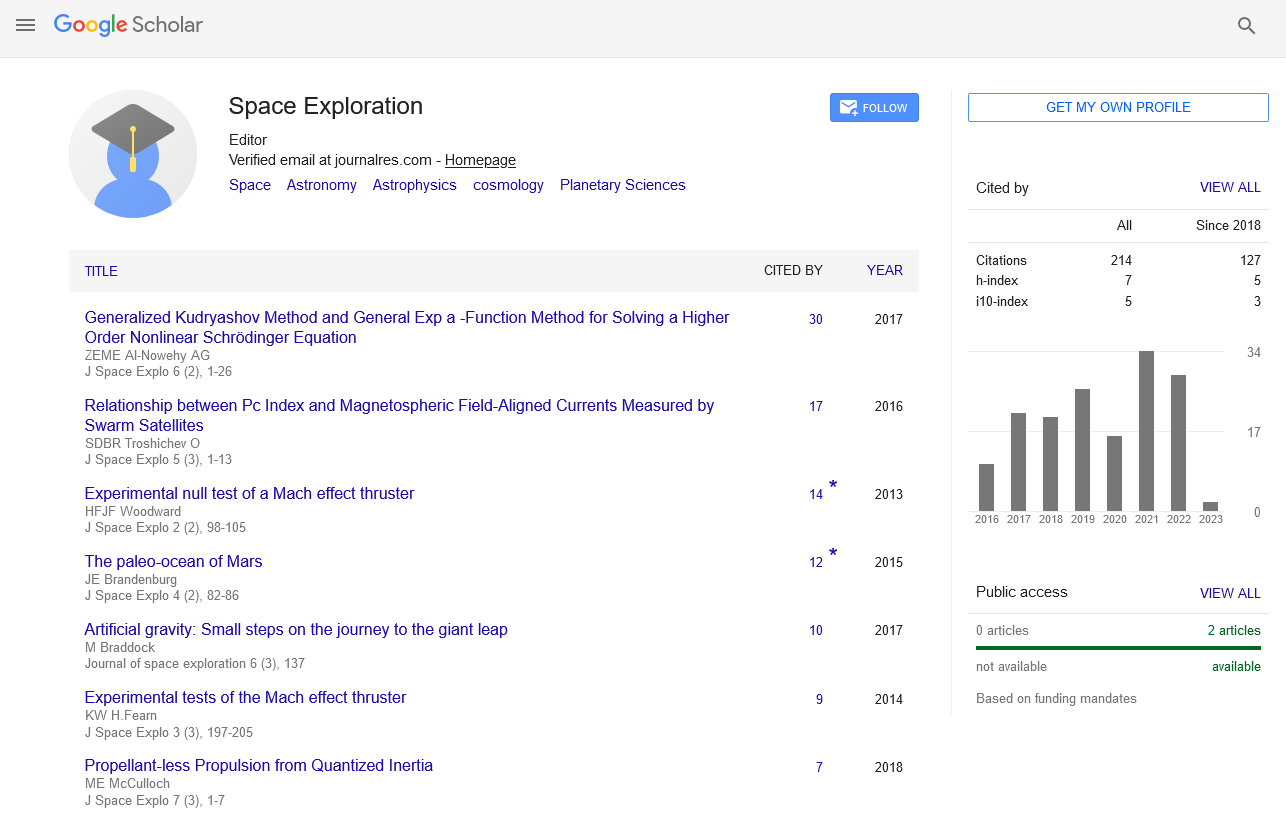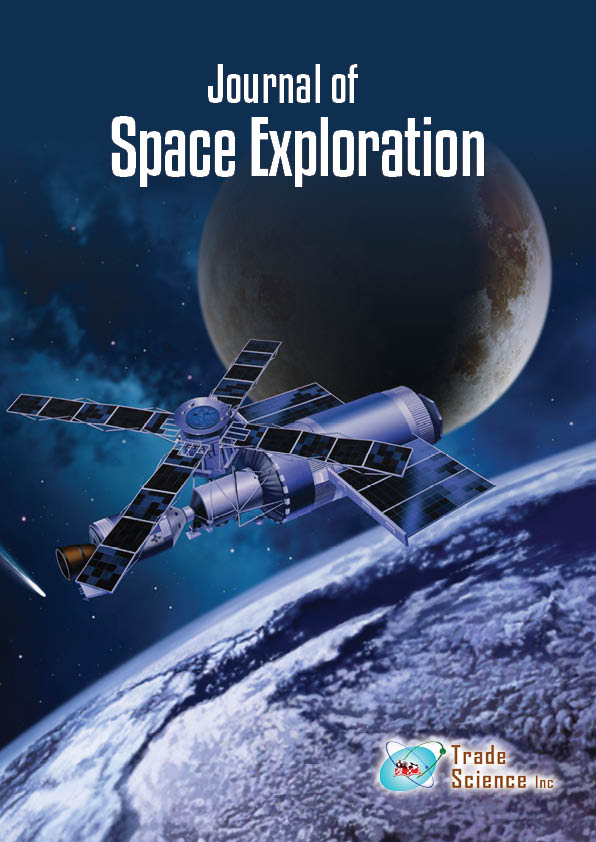Abstract
Multiparametricendocrine evaluation of healthy subjects undergoing prolonged head down tilt bed rest anti-gravitary posture
Author(s): Paola Cagnati, Francesco Puppo, Laura Fazzuoli, Giuseppe MurdacaGreat number of space flights demonstrated that human beings can not work and live for a long time in space without effects on their health. Reduced gravity leads to profound changes in neuroendocrine and immune functions. Experimental model systems have been designed to simulate on earth some effects of space flight on immune response. Eight healthy male volunteers have been enrolled and maintained in head down tilt bed rest antigravitary posture (at -10°) for 72 hours. ACTH, cortisol, epinephrine, norepinephrine, growth hormone, prolactin, leptin and adiponectin, TSH, FT3, FT4, LH, FSH and total testosterone have been evaluated. ACTH, LH, epinephrine and prolactin plasma levels significantly increased while FT3, FT4 decreased at the beginning of the bed rest period in subjects maintained in antigravitary posture. Leptin and adiponectin decreased during the bed rest period. Prolonged antigravitary posture may represent a stressing condition leading to an increase of catecolamines and ACTH which can cause decrease of leptin serum levels. Decrease in leptin concentrations can influence many systems including pituitary-gonadal and pituitary-thyroid axis inducing hypogonadism and hypothyroidism. Increase of prolactin could be correlated with reduction of adiponectin concentrations. Prolonged antigravitary posture favors modifications of several endocrine parameters which can produce immunological, cardiovascular and metabolic modifications.

